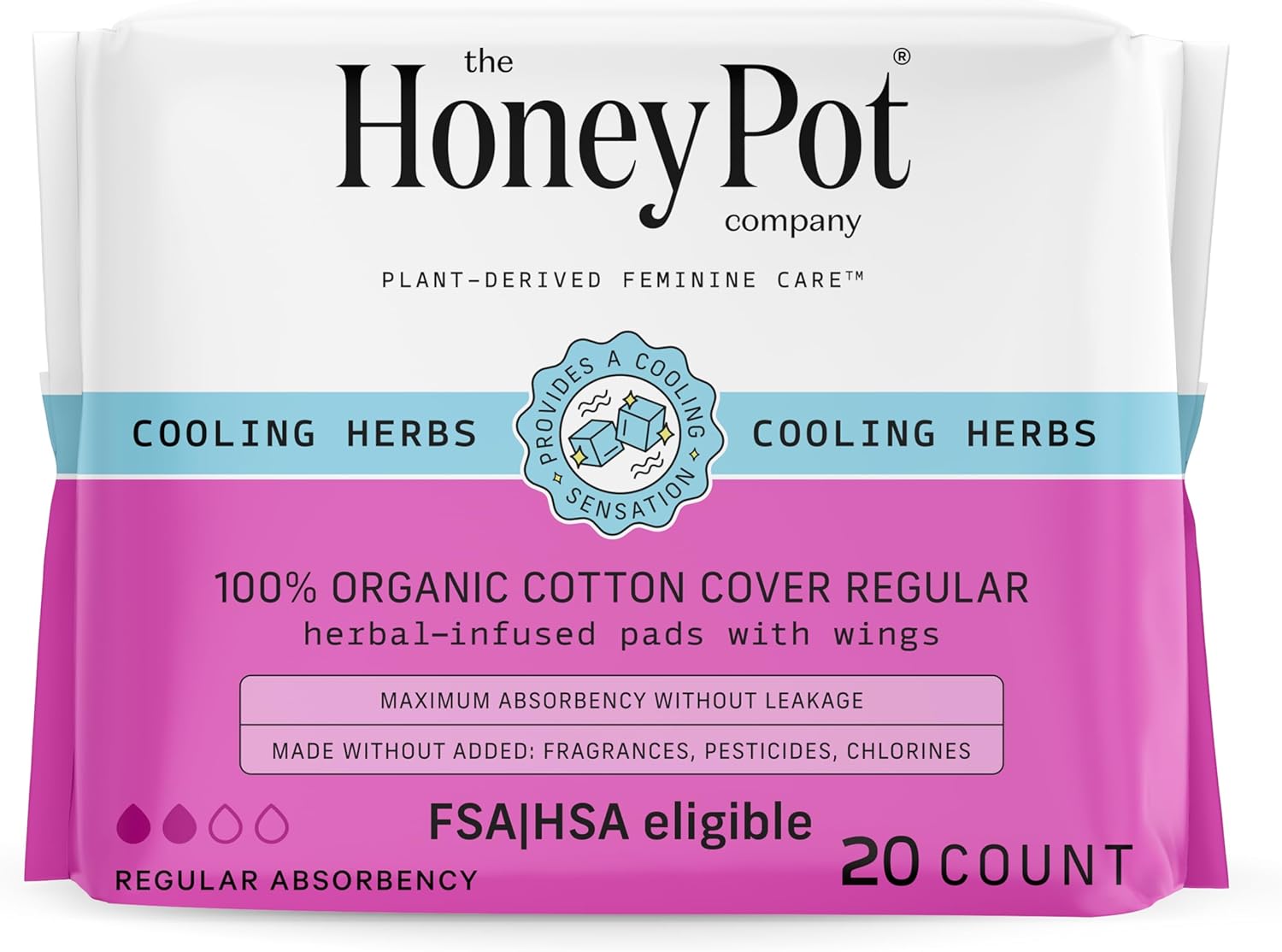Top 7 Best Sanitary Pads for Sensitive Skin: The Ultimate Guide 2025
For individuals with sensitive skin, selecting appropriate menstrual products requires special consideration. The intimate nature of sanitary pads means that irritation or allergic reactions can cause significant discomfort during an already challenging time of the month. This comprehensive guide explores the science behind skin sensitivity to menstrual products, highlights key ingredients to avoid, and recommends gentler alternatives for those with reactive skin.
Understanding Skin Sensitivity and Menstrual Products
Skin sensitivity varies widely among individuals, but the genital area contains particularly delicate tissue that may react to chemicals, fragrances, and materials commonly found in conventional sanitary products. According to Wikipedia's article on contact dermatitis, both irritant contact dermatitis (direct skin damage) and allergic contact dermatitis (immune-mediated reactions) can occur in response to components in sanitary pads.
The vulvar and perineal regions have thinner skin with higher permeability than other body areas, making these tissues more susceptible to irritation. A study published in the Journal of Reproductive Medicine found that approximately 32% of women report some form of sensitivity reaction to menstrual products during their lifetime.
Problematic Ingredients in Conventional Sanitary Pads
Several components in standard sanitary pads may trigger reactions in sensitive individuals:
Fragrance and Deodorizers
Artificial fragrances represent one of the most common triggers for skin reactions. The American Academy of Dermatology notes that fragrance mixes can contain dozens of unlisted chemicals, many of which are potential allergens. These scents, intended to mask natural odors, offer no functional benefit while increasing reaction risk.
Chlorine Bleaching Agents
Traditional sanitary pad manufacturing often involves chlorine bleaching, which can create trace amounts of dioxins as byproducts. While the FDA maintains that these levels are too low to pose significant health risks, some individuals with extreme sensitivity may react to even minimal residue.
Synthetic Superabsorbents
The superabsorbent polymers (SAPs) used in many pads can cause dryness and irritation in some users by disrupting the natural moisture balance of sensitive tissues. According to research published in the International Journal of Environmental Research and Public Health, these materials may exacerbate existing sensitivity conditions.
Adhesives and Plastics
The adhesive compounds and plastic backing layers in conventional pads can cause reactions in susceptible individuals. These materials often contain formaldehyde resins and other potential irritants that maintain direct contact with skin for hours.
Choosing Safer Alternatives: Key Factors
When selecting sanitary pads for sensitive skin, several considerations should guide your choices:
Material Composition
Organic cotton pads without synthetic additives generally present the lowest risk for sensitive individuals. Cotton allows better airflow, reducing moisture buildup that can exacerbate irritation. The Organic Trade Association notes that certified organic cotton products must meet strict standards prohibiting the use of harmful chemicals in growing and processing.
Production Methods
Chlorine-free bleaching processes (typically using hydrogen peroxide or oxygen-based methods) significantly reduce potential irritants. Look for products labeled "TCF" (Totally Chlorine Free) or "PCF" (Processed Chlorine Free).
Fragrance Policy
The safest option for sensitive skin is always unscented products. Even products marketed as "hypoallergenic" may contain masking fragrances that could trigger reactions in very sensitive individuals.
Transparency in Ingredients
Manufacturers committed to sensitive skin concerns typically provide detailed information about materials and processing methods. This transparency allows consumers to make informed choices based on their specific sensitivity patterns.
Top 7 Recommended Products for Sensitive Skin
Based on ingredients, manufacturing processes, and user feedback, these eight products represent excellent options for those with sensitive skin:
- Organyc 100% Organic Cotton Pads - Made with certified organic cotton without synthetic superabsorbents, these pads use hydrogen peroxide bleaching rather than chlorine. Their breathable design reduces moisture buildup.
- Natracare Organic Cotton Ultra Pads - These pads combine organic cotton cover with a plant-based core, avoiding plastics and synthetic fragrances. The company maintains transparency about all components.
- Rael Organic Cotton Pads - Featuring certified organic cotton topsheets and chlorine-free processing, these pads also omit synthetic fragrances, dyes, and adhesive chemicals known to trigger reactions.
- The Honest Pot Company Organic Cotton Pads - Designed with hypoallergenic principles, these pads use plant-based backing materials and avoid added fragrances, making them suitable for very sensitive skin.
- Seventh Generation Free & Clear Pads - Though not fully organic, these pads avoid chlorine bleaching, fragrance, and deodorants while providing detailed ingredient disclosure for those with specific sensitivities.
- L. Organic Cotton Pads - Beyond organic materials, these pads feature a wider design to prevent leakage without adding irritating adhesives or wings that might contact sensitive areas.
- Cora Organic Cotton Pads - These pads use a unique process that texturizes organic cotton rather than adding synthetic materials for absorption, reducing potential triggers while maintaining effectiveness.
Best Practices for Sensitive Skin Care During Menstruation
Beyond product selection, several practices can help minimize irritation:
- Change pads more frequently (every 3-4 hours) to reduce prolonged exposure to moisture and potential irritants
- Avoid using intimate washes with fragrance during menstruation
- Consider applying a barrier ointment like petroleum jelly to vulnerable areas before pad placement
- Wash the genital area with plain water rather than soap when changing pads
When to Seek Medical Guidance
If sensitivity reactions persist despite using hypoallergenic products, consult with a dermatologist or gynecologist. Persistent symptoms might indicate:
- Unrelated dermatological conditions like lichen sclerosus
- Allergies to components not typically disclosed in product listings
- Infection that coincides with menstruation but isn't product-related
According to the American College of Obstetricians and Gynecologists, repeated irritation should not be considered normal and warrants professional evaluation.
Conclusion
For those with sensitive skin, selecting appropriate sanitary pads involves careful consideration of materials, manufacturing processes, and individual sensitivities. By choosing products specifically designed to minimize potential irritants, most individuals can find comfortable options that don't trigger reactions. The growing market for organic, fragrance-free products means sensitive individuals no longer need to compromise between protection and comfort during menstruation.






